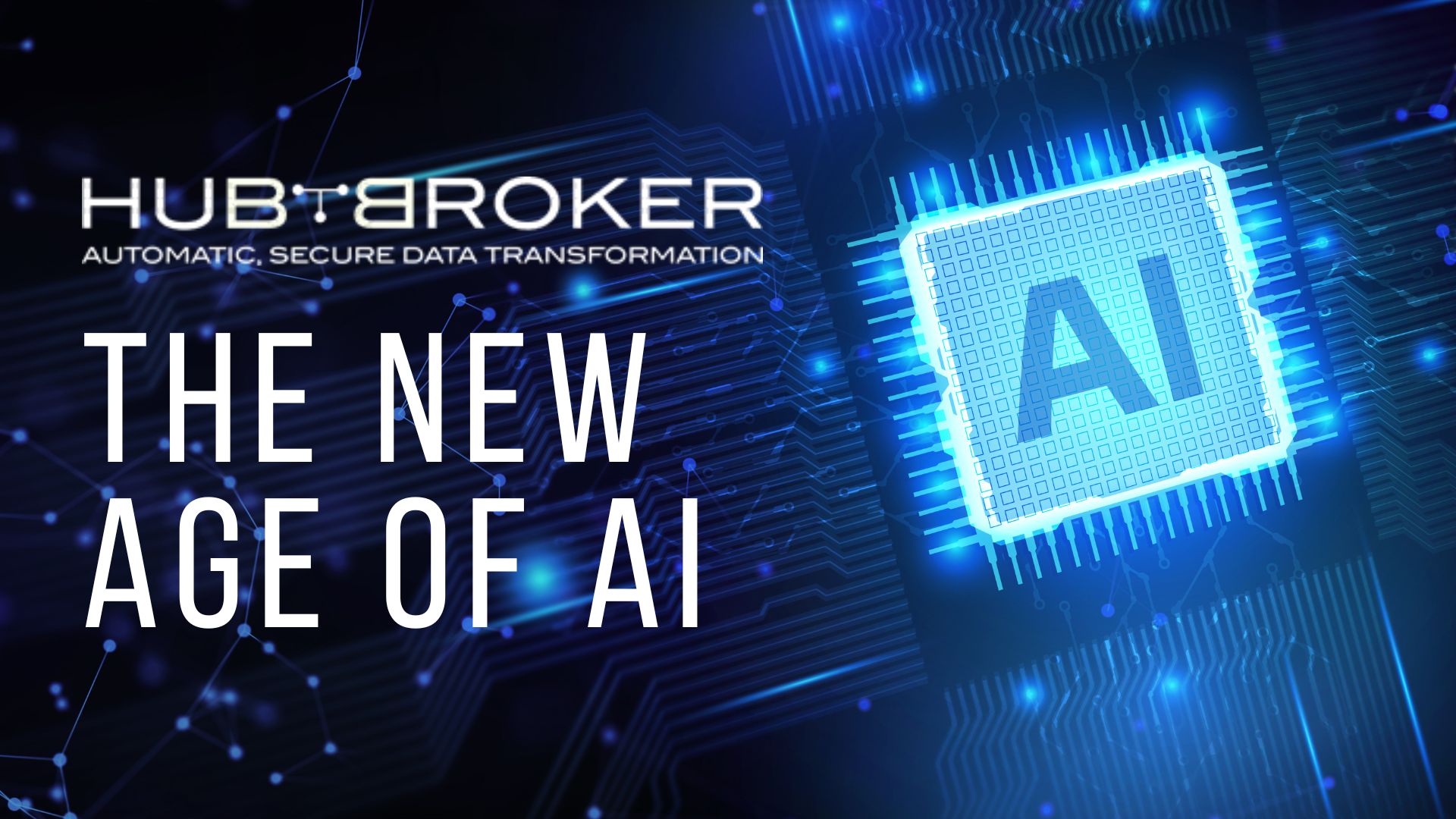The fast-evolving technological innovation in various fields, integrating Artificial Intelligence (AI) and Machine Learning (ML) stands as a transformation, reshaping how organizations approach data. In this insightful exploration, we delve into the profound impact of AI and ML in data transformation, shedding light on how these technologies enhance data security and accuracy and pave the way for unprecedented innovation.
Empowering Data-Driven Decision-Making
What is the prime idea behind AI and ML you ask? At the heart of the AI and ML revolution lies the ability to empower organizations to make data-driven choices. These technologies enable companies to process and analyze vast volumes of data in real-time, unlocking valuable insights that guide strategic decision-making. The marriage of AI and ML equips businesses with a dynamic toolkit to navigate the complexities of modern-day data related work.
Enhancing Data Security:
AI is essential for supporting data security protocols. In datasets, machine learning algorithms can spot unusual patterns and behaviors, serving as a watchful bulwark against any security risks. Artificial intelligence (AI) helps protect sensitive data in a proactive manner by continuously learning and reacting to changing threats. This helps to lessen the impact of cyberattacks in a constantly changing digital environment.
Precision in Data Accuracy:
A new era of data accuracy is brought about by the combination of AI and ML. Human error is frequently an issue with traditional data entry and validation methods, however, machine learning algorithms are very good at identifying patterns and anomalies, which reduces errors. This technique not only guarantees data dependability but also optimizes workflows by diminishing the necessity for manual intervention in data quality assurance.
Uncovering Patterns and Trends:
The ability of AI and ML to find patterns and trends in large datasets is one of its amazing features. Through historical data analysis and correlation analysis, these technologies provide hitherto unthinkable insights. By taking a proactive stance when it comes to data analysis, businesses may maintain a competitive edge by staying ahead of changes in the market, consumer preferences, and industry trends.
Artificial Intelligence in Data Transformation:
AI stimulates innovation in the context of data transformation. Artificial Intelligence (AI) makes it easier to extract valuable insights from raw data by using sophisticated algorithms and predictive models. This leads to new possibilities in product creation, consumer engagement, and corporate strategy in addition to quickening the data translation process.
The Future of Innovation:
The field of innovation is expanding as businesses continue to leverage the potential of AI and ML. The combination of these technologies is proof of the countless opportunities that lie ahead, from individualized consumer experiences to streamlined operating procedures. The combination of machine learning algorithms and human intelligence is enabling firms to operate at previously unheard-of levels of efficiency and competitiveness.
In conclusion, the integration of AI and machine learning in data transformation is a journey toward a future where data becomes a strategic asset. By leveraging these technologies, organizations not only fortify their data security and accuracy but also unlock the door to innovation, paving the way for a dynamic and data-driven era.





